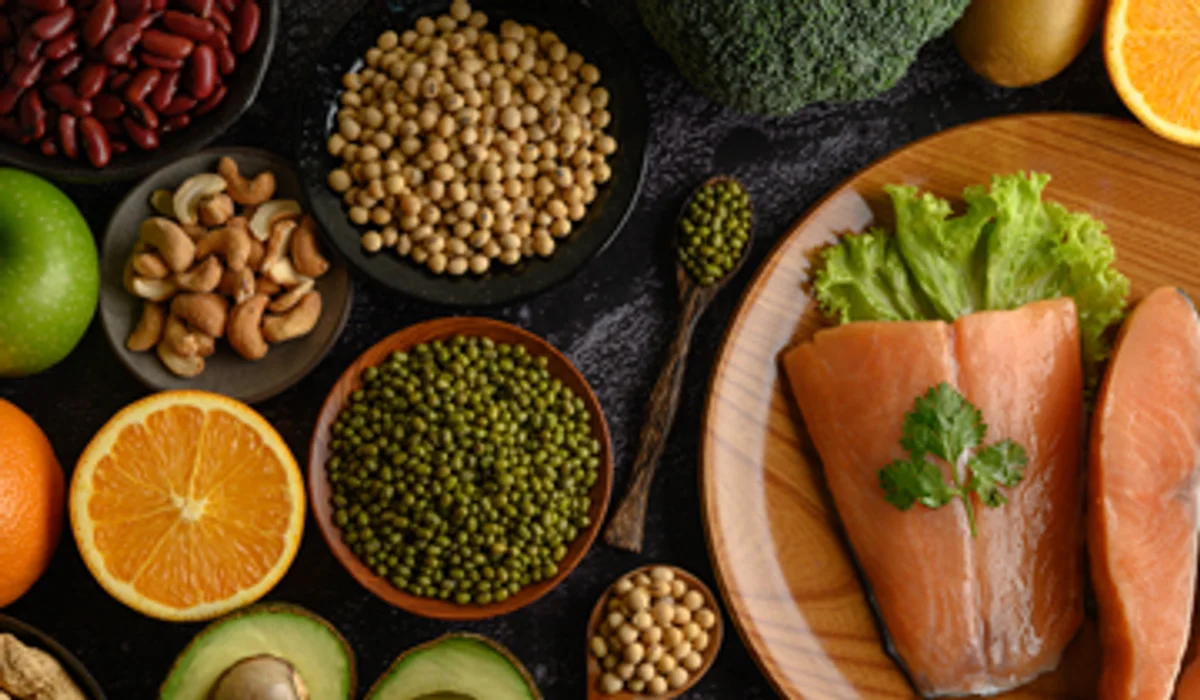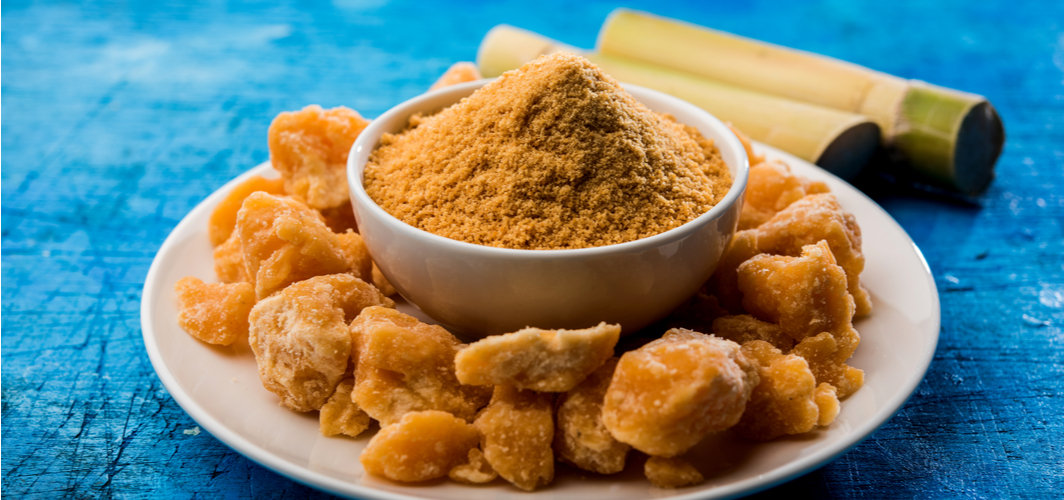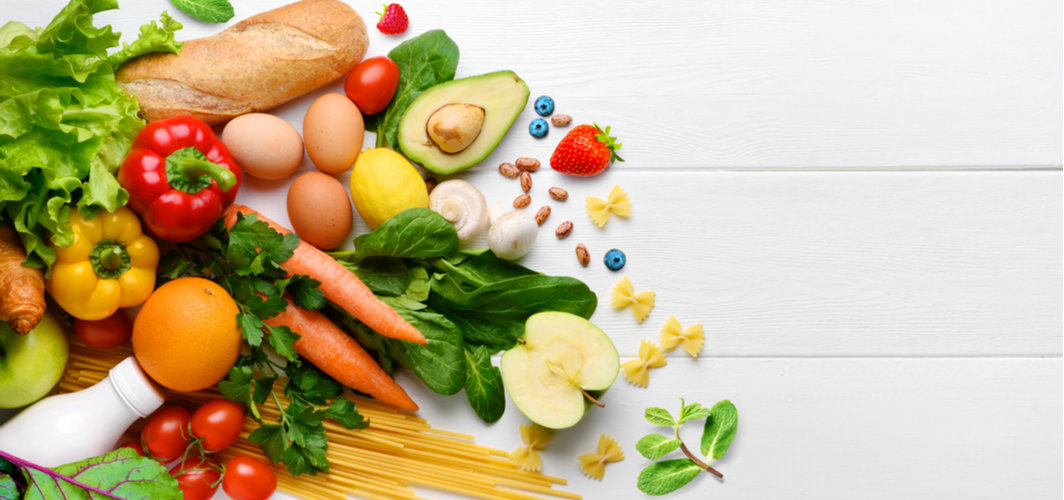- Home
- Blog
- Health & Nutrition
The Importance of Protein in our Diets: Everything you need to know!
Health & Nutrition
The Importance of Protein in our Diets: Everything you need to know!
By - 05 April 2022, Updated on -12 May 2023
Share this article
0
1 like

What is protein?
Protein is a nutrient made up of amino acids. It is found in both animal and plant foods, and it is essential for the body to function properly. Protein plays a role in many important processes, including growth and development, tissue repair, and hormone production.
Why is protein important?
There are many reasons why protein is important in our diets. Here are just a few:
- Protein helps build and maintain muscle mass. Muscle mass decreases as we age, so it is important to eat enough protein to keep our muscles strong. Older adults need at least 0.36 grams per pound of body weight each day, while younger adults need closer to 0.54 grams per pound of body weight.
- Protein helps build and repair tissues (e.g., skin, bones). This is particularly important for athletes who may have strained their muscles during exercise or those recovering from an injury. Consuming adequate protein can also aid in wound healing after surgery or a cut on the body!
- Protein plays a role in hormone production and regulation of blood sugar levels. Hormones are chemicals produced by the body that act as messengers between cells, telling them what to do; without enough protein available for these processes it could lead to problems such as diabetes mellitus (high blood sugar) which can be very serious if left untreated over time!
- Protein increases satiety so you feel fuller longer. This is especially helpful when dieting or trying to lose weight.
How much protein should I eat each day?
There is no one-size-fits-all answer to this question, as the amount of protein you need depends on your age, activity level, and weight. However, a good rule of thumb is to aim for at least 0.36 grams per pound of body weight per day if you are an older adult, and 0.54 grams per pound of body weight per day if you are younger.
What are some high-protein foods?
There are many high-protein foods that you can include in your diet! Some examples include:
- Meat: pork, lamb, chicken, turkey
- Fish: salmon, trout, tuna
- Dairy products: milk, yogurt, cheese
- Eggs
- Legumes: lentils, beans, peas
- Nuts and seeds: almonds, peanuts, sunflower seeds
- Protein Supplements - whey, isolate, vegan
So now that you know all about the importance of protein in your diet, what are you waiting for? Start including some high-protein foods in your meals today! At Apollo Pharmacy we have a broad range of protein supplements that you can add to your daily meal plan to ensure you keep your daily protein intake at optimal levels. Visit and remember to consult with a dietitian if you have any questions or concerns.
Services
Health & Nutrition
Leave Comment
Services
Recommended for you

Health & Nutrition
Is Jaggery Actually Healthier than Sugar?
Jaggery improves digestive health, enhances immunity, and prevents anaemia while white sugar can lead to weight gain, acne, etc.

Health & Nutrition
Top 10 Superfoods to Include in Your Diet for Maximum Health Benefits
Superfoods are nutrient-rich foods that offer a wide range of health benefits. They can help boost your immune system, protect against disease, and even promote weight loss. In this blog post, we will discuss the top 10 superfoods you should include in your diet for maximum health benefits!

Health & Nutrition
7 Micronutrients You Should Never Miss Out On!
Though required in tiny amounts, micronutrients are essential to carry out various functions in the body. Read to know about 7 such micronutrients essential to maintain overall well-being.
Subscribe
Sign up for our free Health Library Daily Newsletter
Get doctor-approved health tips, news, and more.

